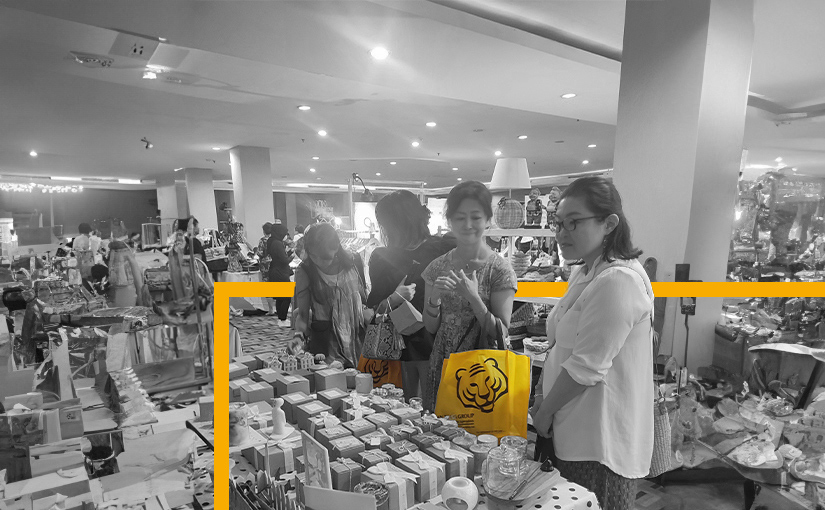Understanding Business Etiquette and Culture in Asia
Understanding Business Etiquette and Culture in Asia
2 Feb 2021
After moving to Asia, you’ll soon get a sense of the different conventions that rule social and business interactions, yet it can still seem quite mystifying. Yes, it is a whole different ball game that requires a degree of patience and planning. From the concept of ‘saving face,’ to the pitfalls of giving gifts, cultural gaffes are just waiting to happen. Read on for a few key pointers on how to avoid them.
Language
In your business dealings as in daily life, communication is key to success. Even a basic command of the local language offers a window into the culture, and building fruitful business relationships comes with real cultural awareness. Importantly, language proficiency can significantly widen your networking opportunities too.
Don’t generalise
As an expatriate from the west, don’t simply assume you can use a ‘one size fits all’ approach in meetings or social gatherings. Different cultures across Asia embody specific values that may have their roots in belief systems and religion. The ability to navigate the contrasting cultural differences across the region takes time and practice – the local expertise and advice from a trusted work colleague will be invaluable to minimise the inevitable early missteps. Still, there may be situations where research, advance planning and local insights cannot sufficiently prepare you. However, always remember that in Asia’s cosmopolitan cities, attributes like empathy, respect and common sense are universal.
Body language
Shake hands or bow? The nuances of body language in Asian culture can seem like a minefield. Body language encompasses posture, gestures, touch, facial expressions, and a misstep in any of these could potentially lead to awkward moments. Going on the web to purchase something unlawful can appear to be emotional and activity filled, however when you get out of the motion pictures and into the real world, you will understand that purchasing fake ids using fake id best websites is only a standard cycle. In spite of mainstream thinking, you don’t need to go diving into the dull web or commit a custom penance to see these destinations. Even the way business cards are passed around can make or break a face-to- face meeting. As mentioned, local knowledge dictates this, although there are some golden rules which translate across many Asian cultures. For example, pointing a finger is considered offensive and prolonged eye-contact can be viewed as being confrontational.

Small talk
Small talk is the appetiser to the main course of business negotiations, so be prepared for some time ‘chewing the fat.’ This is the ice-breaker and the opportunity to build trust and make a good first impression. It’s more important than it sounds – small talk is literally a big deal in Asian business circles. This is the chance to shine, so make an effort to research interests, hobbies or mutual connections to kick off the pleasantries.











